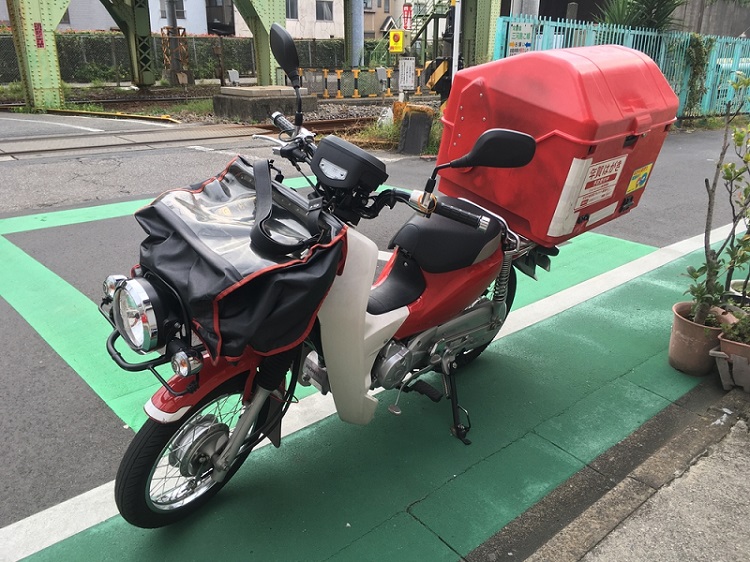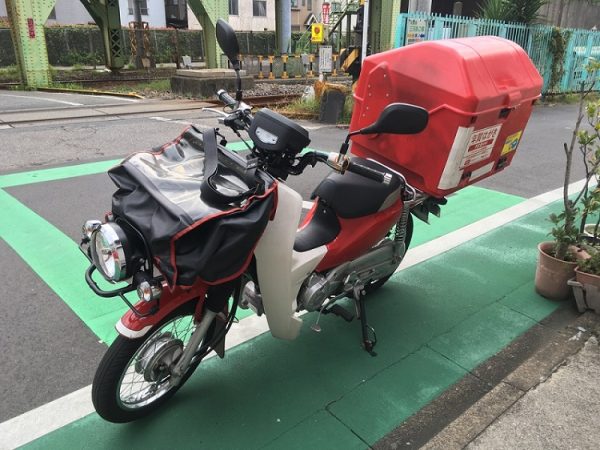Logistic and delivery services are important because they help businesses manage the movement of goods and services from the original depot to the consumer. While this service has always existed in Nigeria, it has become even more important with the growing popularity of e-commerce in Nigeria. E-commerce platforms need to have goods ordered from them transported to their buyers. They usually outsource this task to delivery logistics service providers, who help to transport the goods to the consumer. Physical stores are also including delivery as part of their service package.
What you’ll need.
If you’re starting a small delivery service, you might only require a cargo motorbike, a mobile phone and recording materials. But you have to be sure that you are physically and mentally fit to meet the demands of the job, negotiate difficult roads and have items delivered on time. If you have the resources to begin on a bigger scale, you could have an office equipped with a computer, bigger vehicles (delivery vans, for instance) and a number of staff. Salaries will have to be paid even before the company breaks even, so you’ll have to include this as part of your startup cost.
How to begin.
- Know what you’ll be transporting, and how far.
You should decide on what type of goods your logistics service will be handling, and how far, in terms of distance, your service will cover.
- Enquire, research.
Get information about running this sort of business from those who are into it and are doing well in it. Determine what your rates will be. Read up all the material you can find on how delivery services are run, and think about how you can tailor the service to local needs.
- Have a budget.
After gathering all the information you need, draw up a budget for the business; factor in such costs as equipment, power, advertising, rent (if you’re using a rented space as an office), registration cost, and so on. Startup cost should cover the period it would take for the business to break even.
- Advertise. Tell people about your services.
Of course, after purchasing equipment, securing your office space and hiring staff (if you want to run something other than a one-man business), you are ready to commence business. But to attract customers, you will have to spread the word about what you do. Instead of waiting for the customers to come, you should find them. Find out from local businesses if they are in need of service you render. Don’t forget to provide services at special discount rates, as lower prices could encourage your customers to tell others about your relatively cheap (but effective) product. Basically, you have to put your enterprise out there. Social media can play a significant role, but you might also have to do some advertising as well, in order to reach a wider audience.
The key to succeeding in this business, as is the case with practically every other venture, is persistence. If the quality of service delivered is consistently high, you will be able to retain your customers and get even greater demand for it.


